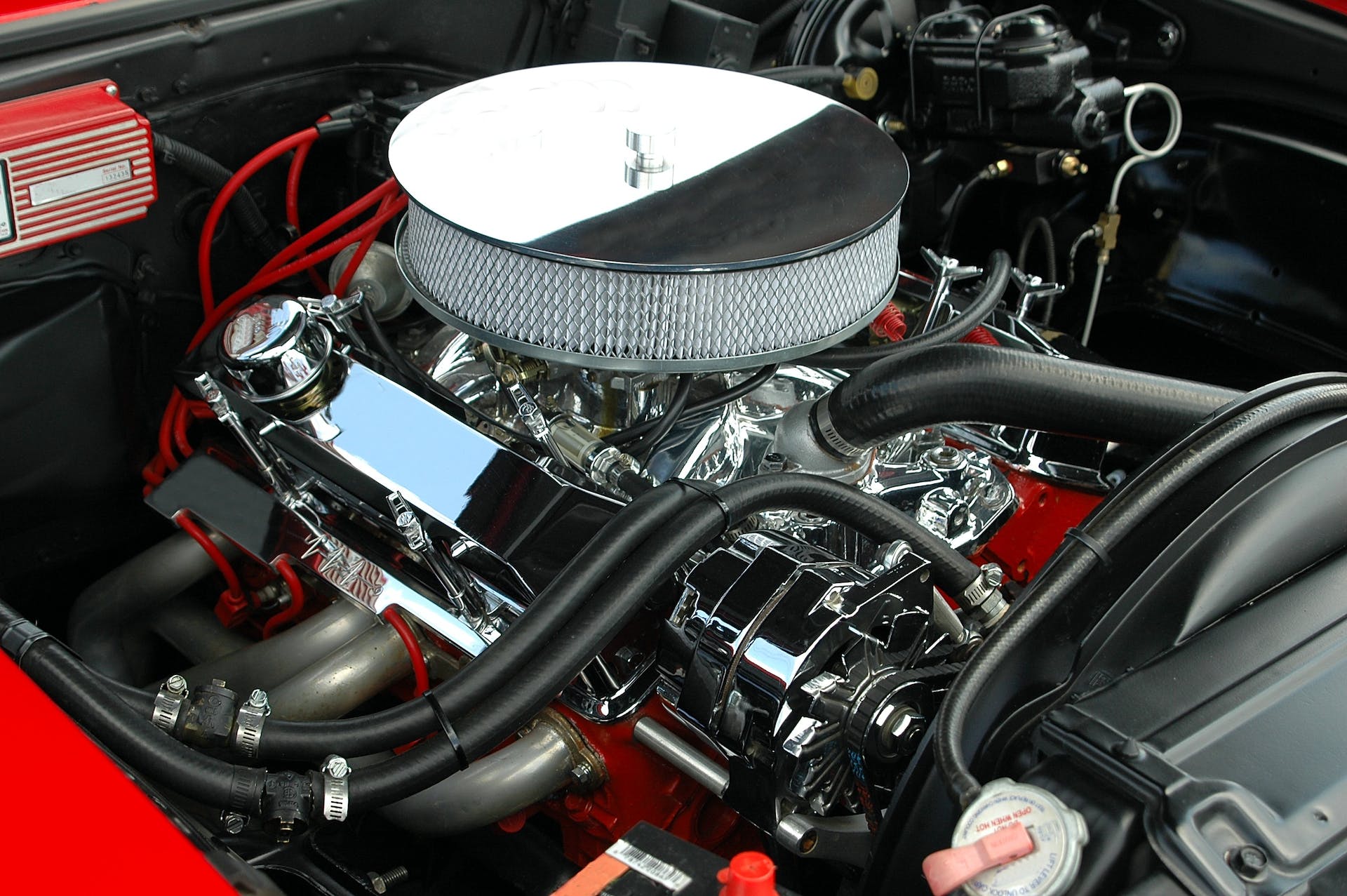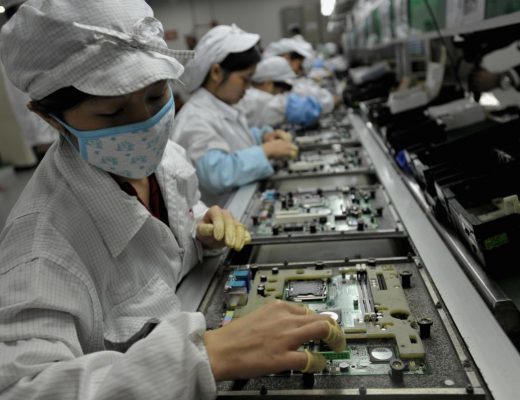Chinese manufacturers are conquering the global car market
The analysts at UBS have conducted a study on the development of the electric car segment worldwide. According to the paper, the global car market could soon face a threat from Chinese manufacturers. Chinese companies are rapidly ramping up production of affordable electric cars. As a result, manufacturers from other countries may not be able to compete and lose their share of the global market.
UBS analysts estimate that by early 2030, Chinese carmakers will have doubled their market share – to as much as 33%. These trends are already visible in the production volumes of electric cars from giants such as BYD, Xpeng and others. In 2023, a number of Chinese manufacturers presented a new generation of electric cars in Munich.
European groups Mercedes and BMW also showed their new models. However, unlike their Chinese competitors, these companies are not planning to produce cars until 2025 at the earliest. At the same time, Chinese manufacturers are already supplying cheap electric vehicles to various countries. We should, therefore, expect to see changes in the global automotive landscape over the next ten years. According to Paul Gong of UBS, China will be the main driver of change in the market. Its manufacturers have many advantages, including:
We should, therefore, expect to see changes in the global automotive landscape over the next ten years. According to Paul Gong of UBS, China will be the main driver of change in the market. Its manufacturers have many advantages, including:
– low cost;
– variety of options;
– product availability;
– profitability of vehicle production.
Western manufacturers will lose market share as Chinese electric car production ramps up. While they now hold 81% of the global market, this could fall to 58% by the end of the decade. This result will trigger a crisis among car companies. At the same time, Tesla has an opportunity to increase its presence: its share of the sector could rise to 8% from the current 2%.
The secret of Chinese manufacturers’ profitability
BYD Corporation is the undisputed leader in China’s automotive sector. Its products are in great demand in the country. The brand’s electric cars are 25% cheaper than European and American cars. This is a serious argument for further foreign expansion.
UBS Financial Holding conducted a technical analysis of one of the Chinese giant’s cars – the BYD Seal model. It found that 75% of the electric car’s components are produced in the company’s own factories. This figure is two times higher than the results of similar analyses for vehicles made by global manufacturers. As BYD produces most components independently, it has advantages in supply chain management and pricing policy regulation. Moreover, the company’s car is almost entirely Chinese, with only 10% of parts imported.
Another advantage of BYD is its ability to attract huge amounts of labour to produce cars. For example, the company employs more than 600,000 workers, five times more than Tesla.










